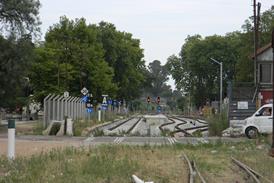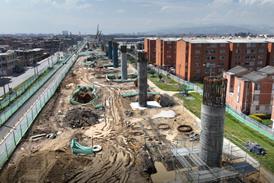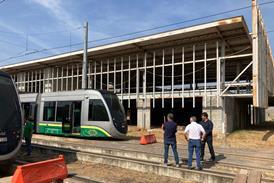INTRO: Jean-Paul Masse examines legislative changes in France that empower the regions to fund regional railservices directly and take their own investment decisions
ON JANUARY 1 2002 an act will come into force that will change the way regional transport is organised in France. Despite its significance, the act has remained nearly unnoticed by most French people. Even rail staff failed to react strongly when it was adopted by Parliament on November 21 2000. This was all the more surprising given that it may ultimately lead to other operators challenging SNCF’s monopoly on operations.
Until now, French regional transport has been partly financed by payments from central government to SNCF. Under the revised arrangements, the state will no longer pay SNCF to organise regional transport. Instead the money will go directly to the regional authorities. With the exception of seven pilot regions where this change was implemented from mid-1997, SNCF has enjoyed a centrally allocated grant for regional operations and has been responsible for setting its own service levels.
From next year the regions will take over these responsibilities, signing contracts with SNCF as the sole operator. They will use funds granted to them by central government to pay SNCF’s costs for providing local and regional services.
Railways are not the only operations covered by the new act, and the regions will also have responsibility for organising bus services. Ile-de-France (greater Paris) and Corsica are excluded from the act.
The transport section of the Loi Solidarité et Renouvellement Urbain (SRU) was drawn up by Senator Hubert Haenel. In 1997 the first six regions (Alsace, Centre, Nord-Pas-de-Calais, Pays de la Loire, Provence-Alpes-C




















